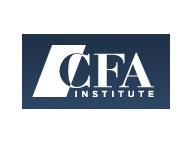Faculty News
—
Professor Jonathan Haidt's research on political affiliations is cited
—

Excerpt from New Matilda -- "Jonathan Haidt, social psychologist and Professor of Ethical Leadership at New York University’s Stern School of Business, has found that people who identify as either progressive or conservative differ on what aspects of common sense they most admire."
Faculty News
—

Excerpt from New Matilda -- "Jonathan Haidt, social psychologist and Professor of Ethical Leadership at New York University’s Stern School of Business, has found that people who identify as either progressive or conservative differ on what aspects of common sense they most admire."






















